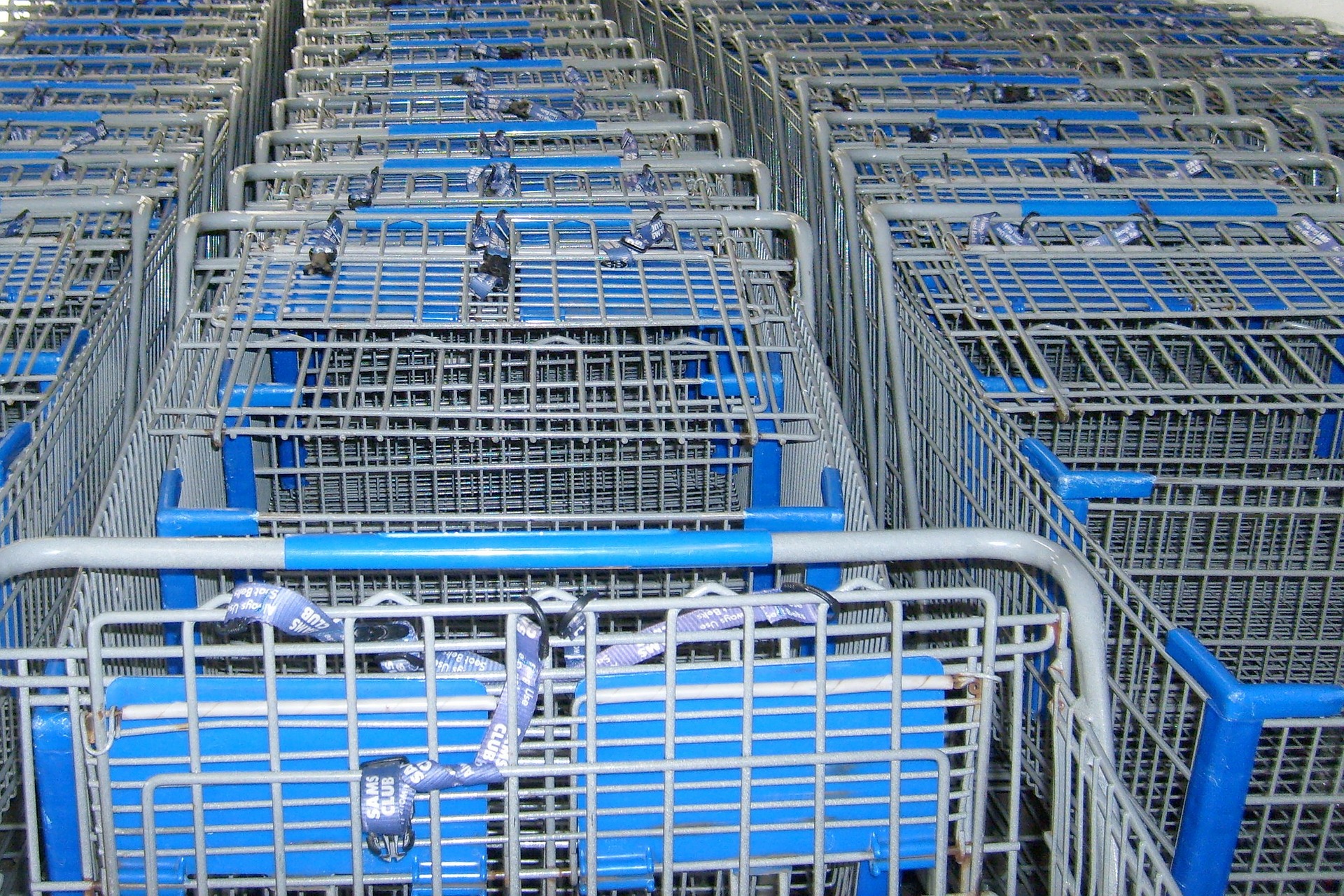According to the Pennsylvania Court System, about 50% of all retail theft offenses committed within the state between 2013 and 2017 resulted in convictions, and in 2017 alone there were 243,305 cases of shoplifting. In Pennsylvania, you will find that shoplifting is a serious crime with major penalties associated with it, especially for repeat offenders. Make sure that you know the facts about shoplifting law and what kind of penalties you can face if you are charged.
What Constitutes Shoplifting?
Shoplifting, or retail theft as it is known in Pennsylvania, is taken very seriously. Here is a general summary of what constitutes retail theft:
- Taking possession of, carrying away, or transferring of merchandise with the intent to not pay for it (or causing this to occur, perhaps by using an accomplice)
- Altering or removing price tags, labels, or other markings with the intent to not pay the correct price (and this can include working with someone else to achieve this)
- Transferring items to another container with the intent to avoid paying the correct price or to avoid paying for it altogether
- Ringing up an item for less than its correct price with the intent to obtain it at a lesser price
- Tampering with inventory control tags, security strips, or similar items with the intent to remove that item from the store without paying for it
Why Is Intent Important?

You will notice in the descriptions above that each one includes the phrase “with the intent.” It is one thing to accidentally leave an inexpensive item at the bottom of your shopping cart, but another to conceal a pricey item so that it is “accidentally” overlooked when you are paying for your other items. Having a bottle of perfume in your hand as you leave a store is suspicious, but not nearly as suspicious as having that bottle of perfume hidden in your clothes or bags.
How Is Intent Proven?
Any evidence that you attempted to conceal an item which you are accused of shoplifting results in the presumption that shoplifting was indeed your intent. However, if there is no evidence that you tried to conceal the item or any other evidence of intent, then reasonable doubt has not been established and the case will be difficult, if not impossible, to prosecute.
What Are the Tiers of Retail Theft in Pennsylvania?
There are four levels of retail theft with their associated penalties: summary offense, misdemeanor second-degree, misdemeanor first-degree, and felony. As you will see, Pennsylvania law takes retail theft very seriously and repeat offenses are not looked upon mercifully.

Retail theft is considered a summary offense if (1) it is your first offense and (2) the merchandise you are accused of stealing is not worth more than $150. The penalty for a summary offense involving retail theft is a maximum fine of $300 and 90 days imprisonment.
A second-degree misdemeanor occurs in connection with retail theft if (1) it is a second offense and (2) the value of the merchandise is under $150. If you are charged with a second-degree misdemeanor, you could face up to 2 years in prison and a maximum fine of $5,000.
The third type is a first-degree misdemeanor. For a retail theft to be considered a first-degree misdemeanor, it must be 1) the first or second offense and (2) the value of the item must be $150 to $1,000. If you are charged with a first-degree misdemeanor related to retail theft, you could face up to 5 years imprisonment and a maximum fine of up to $10,000.
The fourth and most serious case is a felony theft. Retail theft is considered a felony in Pennsylvania if it is a third or subsequent offense, regardless of how much the merchandise is worth. That means you could steal a $1 candy bar and run the risk of going of committing a felony if it is your third retail theft offense. Furthermore, a theft is automatically considered a felony if the amount involved is greater than $1,000 or if the merchandise is either a motor vehicle or a firearm. If you are charged with felony theft, you could face up to 7 years in prison and a maximum fine of $15,000.
In addition, the store or merchant can file a civil lawsuit against you which would require you to pay damages, return the merchandise, and cover the plaintiff’s attorney fees.
Conclusion

If you have been charged with shoplifting, it is wise to seek legal representation. Not only will a lawyer be able to assist in defending you, but it shows the court that you do take the charge very seriously — especially if this is not your first offense. Shoplifting is a very serious crime in Pennsylvania: the penalties involved are not light and you may be sued by the store or merchant you are accused of stealing from.
Contact Robert L. Schwarz Right Away!
If you or someone you care about has been charged with retail theft in Pennsylvania, we advise you to contact the Law Offices of Robert L. Schwarz immediately. With experience as both a private criminal attorney and a former Delaware County public defender, I will make sure that your rights under the law are aggressively defended. Whether it is your first offense or not, contact my office today to request a case evaluation and let me have the opportunity to defend you.

